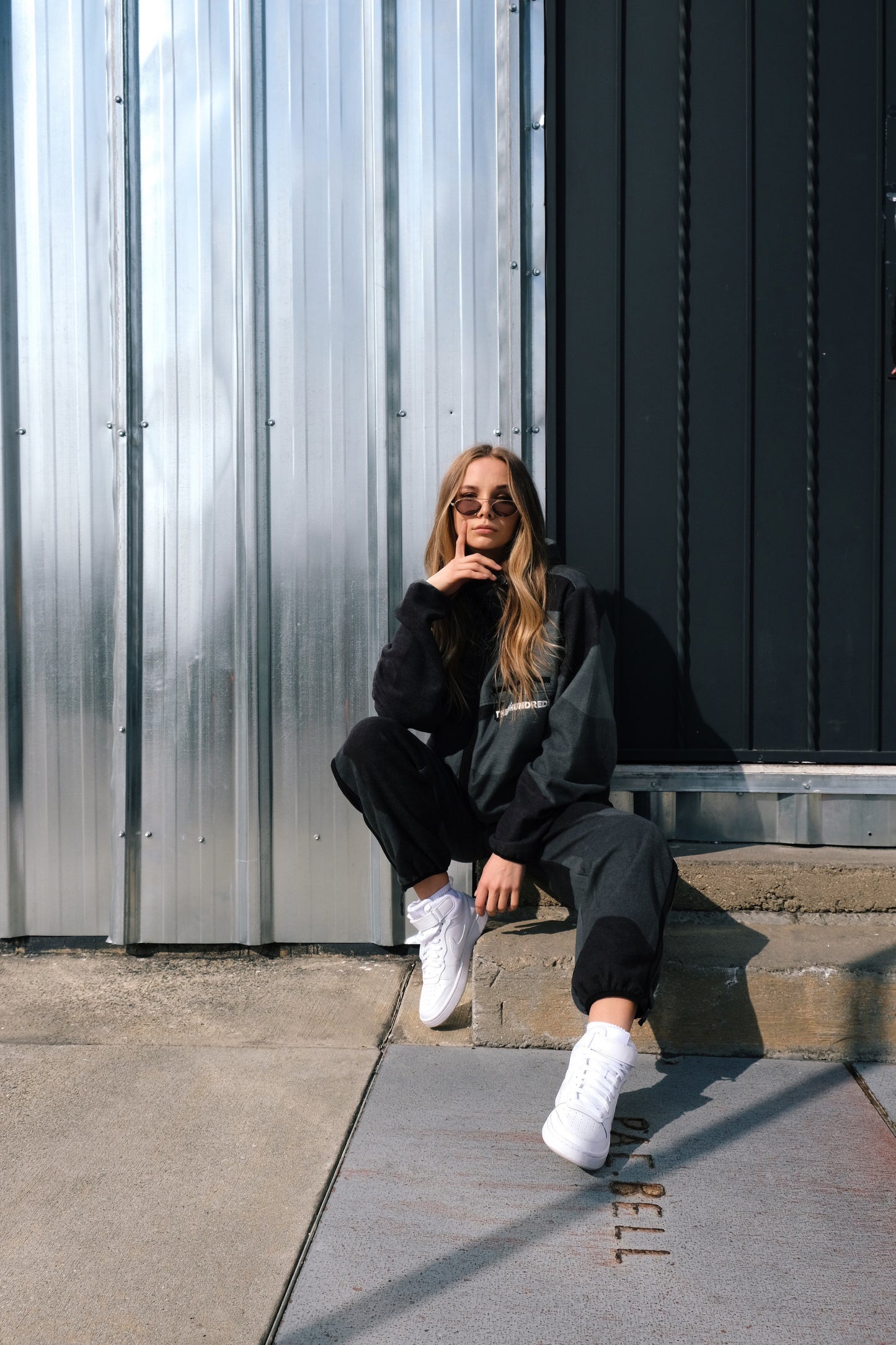Offer
Provide additional details about the offer you're running.
Provide additional details about the offer you're running.
Provide additional details about the offer you're running.

Fashion is a multifaceted phenomenon from a psychological, social, cultural, or business perspective. The style concepts that major collections share are known as fashion trends. They show which way the current of fashion is heading. Therefore, fashion forecasters search for trends they believe to be prophetic, ones that reflect the zeitgeist and herald a fresh wave of fashion.
Fashion Trends: What Are They?
Various styles of clothing and apparel that are in vogue at a given time are referred to as fashion trends. Microtrends like high-waisted denim and small sunglasses come months to a few years. More than the newest fashion designs, macro trends are longer-lasting and are influenced by changes in lifestyle and demographics.
What is the forecasting of the fashion trend?
Numerous types of fashion worldwide make it difficult to predict fashion trends. The following are a few of the most well-liked fashion subcategories:
Thus, the area of the fashion industry known as fashion forecasting is concerned with foreseeing new fashion trends, including colors, apparel design services, fabric textures, and many more, that will pique customer demand.
Fashion trend forecasting is an efficient and practical method for removing difficulties. Trend forecasting companies that study the buying patterns of diverse clients and undertake market research employ this strategy. This research is being done to understand what might become popular in the future.
Compared to the past, there is a greater demand for fashion forecasting due to the significant effect of social media and celebrities on current fashion trends. As a result, customers don’t take much time choosing the appropriate clothing style, and their preferences typically depend on the current trends that well-known people are wearing.
The Forces Behind Changing Fashion
Social and cultural changes significantly influence emerging trends. However, the other forces driving change, such as the opening up of more advanced communications technology and the globalization of markets, also impact them. The latter has given consumers quicker and more widespread access to ideas and inspirations from other societies or cultures, increasing demand for a larger variety of fashion goods.
Long-Term Trend Forecasting: What Is It?
Macro trends—substantial changes in fashion whose impact will last more than two years—are important in long-term forecasting. These broad trends, such as shifts in lifestyle, demographics, and how clothing is produced and distributed, are what the fashion industry is all about.
The relevance of predicting fashion trends must be understood by forecasters who are related to the fashion industry, and they must know how to use the information to produce insightful conclusions. Fashion designers could tailor their upcoming designs with the help of this information.
Knowing the newest women’s fashion trends will emerge in the future is critical. For designers to launch their collections appropriately, forecasters use trend forecasting to predict the future accurately.
What Is Forecasting Short-Term Trends?
Microtrends have to deal with short-term forecasting. Season to season, short-term projections vary and are often influenced by color, style, pop culture, and current events.
Fashion trend forecasting companies predict the trends by following fashion shows and influencers, studying conditions of the market, and by keeping an eye on other fashion trend forecasters.
Use text paired with images to create a captivating brand story, explain details of your products, or highlight store promotions.
Use text paired with images to create a captivating brand story, explain details of your products, or highlight store promotions.
Use text paired with images to create a captivating brand story, explain details of your products, or highlight store promotions.
Use text paired with images to create a captivating brand story, explain details of your products, or highlight store promotions.
Sign up to receive sustainability updates, promotions and sneak peeks of upcoming products.